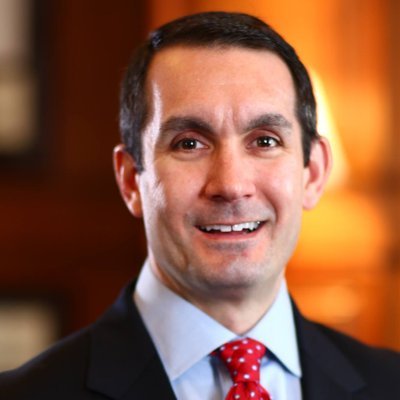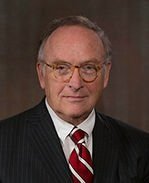
Every state budget includes negotiated agreements on a variety of policy issues. Yet, despite bipartisan calls for comprehensive charter school reform, once again the Pennsylvania General Assembly has put this year’s budget to bed without any significant reforms to the charter school law, widely recognized as one of the worst in the country.
As long-time public servants representing both major political parties, and as concerned citizens who care about public education in the Commonwealth, we are writing to express our great disappointment and frustration with the continued inaction by our state legislature despite broad-based, statewide, bipartisan support for charter school reform. The fact that more than 85% of locally elected school boards (434 of 500), in a state as diverse as ours, have passed formal resolutions calling for a substantive charter school law overhaul should send a clear message to policymakers – It’s time for reform!
While we both recognize that choice has a place in our education system, we believe it is incumbent upon our elected leaders to ensure that the choices made available are high-quality, transparent, and accountable. Educational choices must also be designed to ensure the responsible use of taxpayer dollars. All these factors need to be addressed in the current charter school law.
It is well past time to hold failing charter schools accountable. The data is clear: every cyber charter school in the state has been identified for support and improvement; proficiency on state assessments and graduation rates at all charter schools have, on average, been substantially lower than those of traditional local public schools; and even in the Legislature’s most recent proposal to bring school vouchers to Pennsylvania (HB 2169), half of all charter schools were identified as “low-achieving schools”. It’s clear that taxpayers are being taken advantage of while charter students, particularly cyber charter students, are often done a disservice. This must end.
Reforms are also long overdue and necessary because taxpayers have been significantly overpaying charter school tuition for special education services due to a flawed formula. Additionally, they are paying cyber charters the same tuition rates as brick and mortar charter schools even though cybers have few of the costs associated with buildings, food service, extracurricular activities, and more. Estimates of these overpayments approach $400 million.
With Pennsylvania taxpayers on the hook to pay more than $2.6 billion in charter school tuition this year there is an irrefutable connection between charter tuition overpayments and increased local property taxes. In fact, the 2022 State of Education Report from the Pennsylvania School Boards Association found that 78% of districts surveyed identified charter school tuition payments as one of their top budget pressures.
There is still time for the legislature to take action this Fall before the current legislative session ends. For the benefit of students and Pennsylvania taxpayers we are calling upon our public officials in Harrisburg to finally get charter reform legislation across the finish line.

Eugene DePasquale
Eugene DePasquale is the former two-term auditor general of Pennsylvania after serving as a three-term member of the state General Assembly (D-York County). During his tenure he conducted numerous audits of charter schools, held hearings on charter reform issues, and published the 2014 special report “Pennsylvania Charter School Accountability and Transparency: Time for a Tune-Up.” He currently serves as a resident for the Keystone Center for Charter Change at the Pennsylvania School Boards Association.

Robert Gleason
Robert Gleason was elected Chair of the Pennsylvania Republican Party in 2006 and served in that capacity until 2017. He is currently the president of the Westmont Hilltop school board in Cambria County. He previously served in Governor Thornburgh’s cabinet as Secretary of the Commonwealth, on the Pennsylvania Transportation Commission under Governor Ridge and the Pennsylvania Turnpike Commission under Governor Casey. Gleason also served as a member of the Catholic Advisory Committee of the Republican National Committee.






